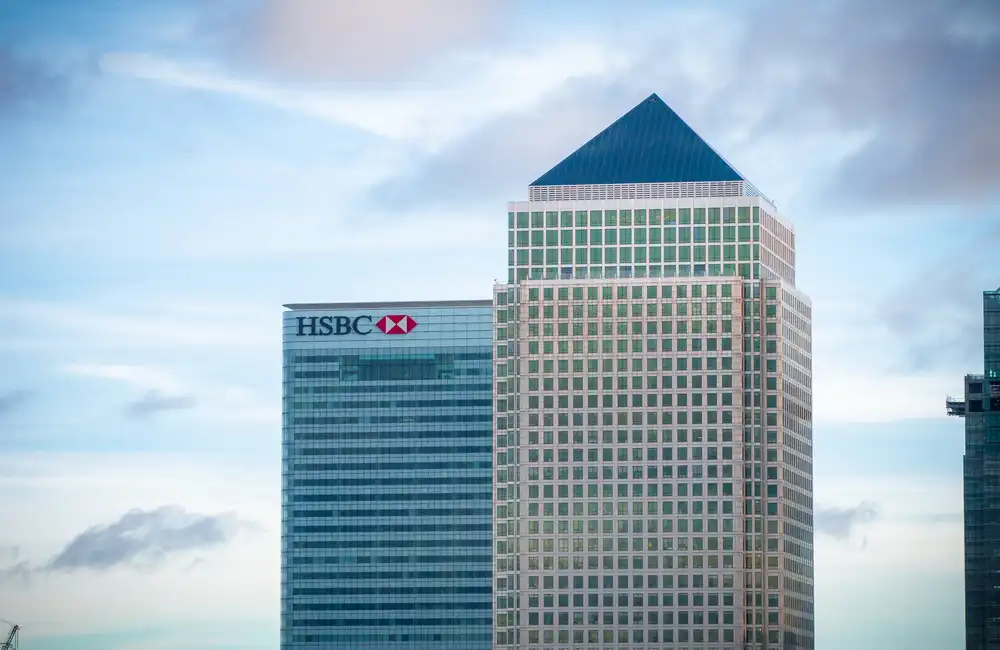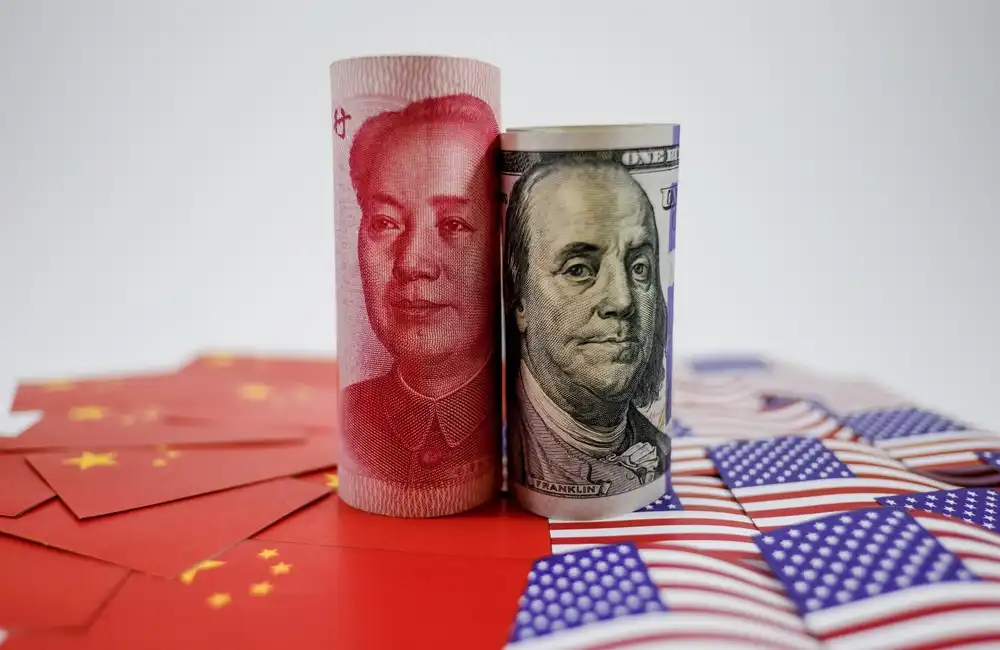HSBC, one of the world’s largest banks, has recently reported a decline in its first-quarter profits, raising questions about its financial trajectory and strategy.
Despite a challenging economic environment, HSBC has announced a significant share buyback, signalling confidence in its long-term performance.
Q1 Financial Results at a Glance
HSBC’s Q1 profit fell year-on-year due to rising operating costs and global market volatility.
Regulatory requirements and unforeseen market events added pressure to the bank’s bottom line.
Why a Profit Decline?
Market Volatility
Geopolitical tensions and economic headwinds weighed on revenues in key segments.
Cost Inflation
Wage rises and digital infrastructure investments tightened margins.
Regulatory Challenges
Stricter compliance standards increased operational expenses.
The Buyback Announcement
HSBC will repurchase billions of pounds in shares to boost earnings per share and reinforce investor confidence.
The move leverages the bank’s strong capital position to return value without compromising resilience.
Strategic Implications
The buyback highlights HSBC’s adaptability and belief in its long-term strategy amidst near-term challenges.
Growth in Asia and ongoing digital transformation underpin the bank’s focus on future-proofing its operations.
Investor Takeaways
Monitor HSBC’s performance in Asia, a key driver of its global growth.
Assess the impact of digital investments on efficiency and cost control over time.
Track shareholder returns post-buyback to measure the programme’s success.
Closing Thoughts
HSBC’s Q1 results illustrate both the pressures and prospects in modern banking.
The share buyback confirms the bank’s resilience and commitment to delivering shareholder value.
Stay subscribed for more insights on developments shaping the global banking sector.



















